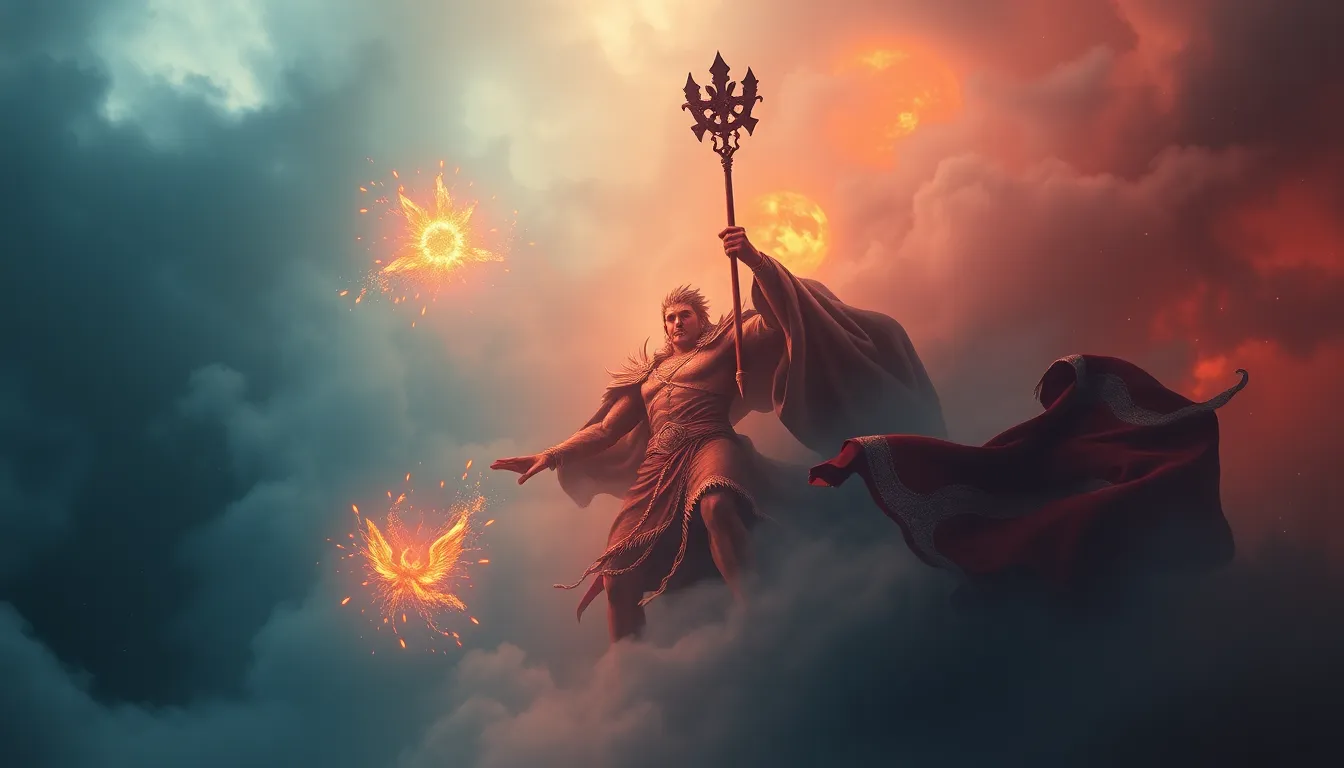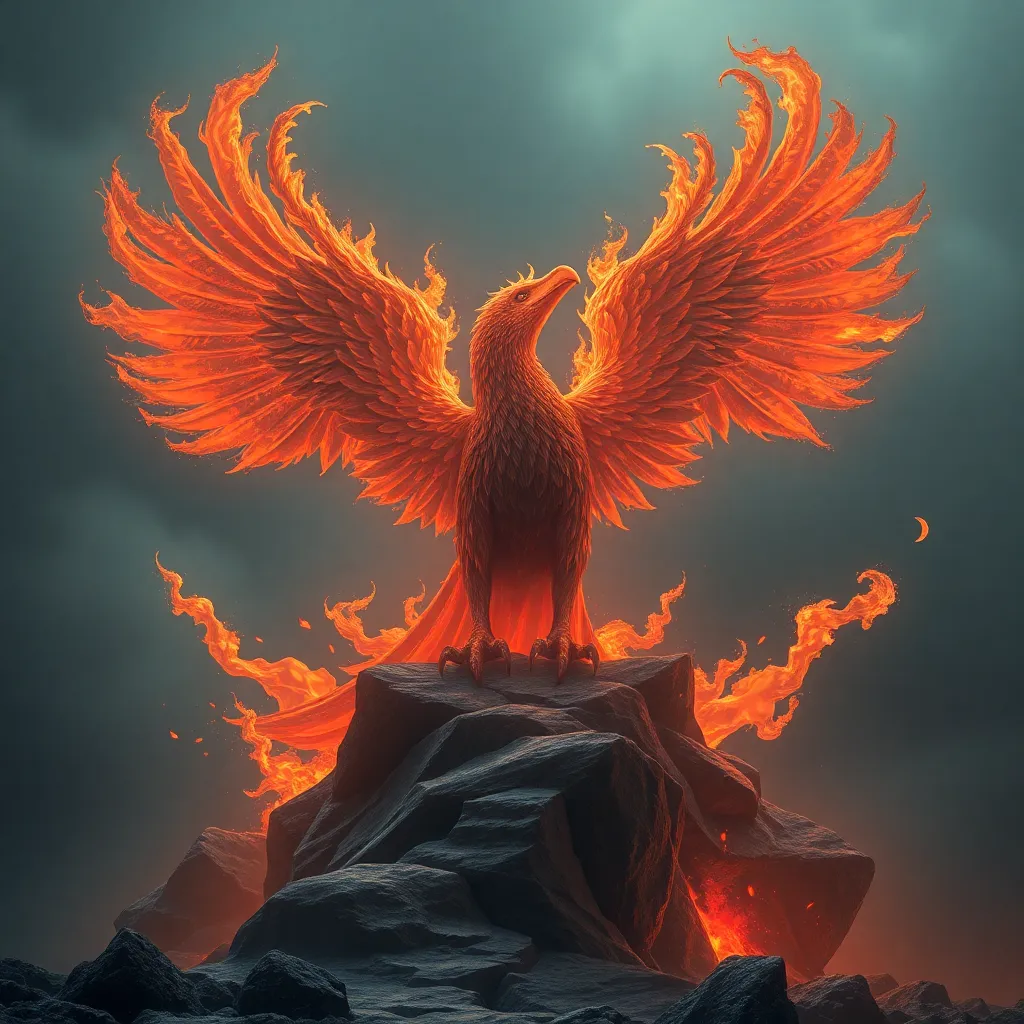How Cultural Heroes Became Symbols of Hope and Courage
1. Introduction to Cultural Heroes
Cultural heroes are individuals who embody the values and ideals of a particular society, often serving as role models and sources of inspiration. They are celebrated for their extraordinary actions, moral integrity, and ability to overcome adversity. These figures hold significant importance in societies as they reflect the collective aspirations and struggles of people, offering hope and courage in times of need.
2. Historical Context of Cultural Heroes
The concept of heroism has deep roots in various cultures, often originating from ancient myths and legends. In many societies, heroes are depicted as warriors or leaders who have accomplished great feats, either through strength or wisdom. Some key figures from history that exemplify cultural heroism include:
- Alexander the Great – A military leader known for his conquests and the spread of Hellenistic culture.
- Joan of Arc – A peasant girl who became a national heroine of France for her role during the Hundred Years’ War.
- Mahatma Gandhi – A leader of the Indian independence movement known for his nonviolent resistance.
These individuals have not only shaped history but have also inspired generations to pursue justice, freedom, and integrity.
3. Mythology and Folklore: The Roots of Heroism
Mythological heroes play a crucial role in establishing the foundations of heroism across cultures. They often represent the ideals and moral lessons that societies wish to convey. For example, in Greek mythology, heroes like Hercules and Achilles showcase strength and valor, while in Hindu mythology, figures like Rama and Krishna embody righteousness and duty.
Folklore also contributes significantly to the shaping of societal values. Stories of local heroes, such as Robin Hood in English folklore or the Native American legend of John Henry, illustrate themes of justice, resistance against oppression, and the fight for the underprivileged.
4. The Evolution of Cultural Heroes in Modern Times
As societies evolve, so too do their heroes. The transition from traditional to contemporary heroes reflects changes in social values and global perspectives. Modern heroes often emerge from various fields, including science, activism, and sports. The impact of globalization has allowed for a diverse representation of heroes, transcending cultural boundaries.
Examples of modern heroes include:
- Malala Yousafzai – An advocate for education and women’s rights.
- Nelson Mandela – A symbol of resistance against apartheid and champion of reconciliation.
- Greta Thunberg – A young climate activist inspiring global movements for environmental justice.
5. Cultural Heroes in Literature and the Arts
Literature and the arts have long been platforms for the representation of cultural heroes. Through stories and artistic expressions, these figures embody messages of hope and courage. From classic literature, such as “To Kill a Mockingbird” featuring Atticus Finch, to contemporary works like “The Hate U Give” with Starr Carter, literary heroes challenge societal norms and inspire change.
Art also plays a crucial role in depicting heroes. Paintings, sculptures, and performances often celebrate heroic acts and ideals, encouraging audiences to reflect on their own values and actions.
6. The Role of Media in Shaping Heroic Narratives
In today’s digital age, media plays a pivotal role in shaping heroic narratives. Film, television, and social media have the power to amplify the stories of cultural heroes, making them more accessible to wider audiences. Popular films and series often portray historical and fictional heroes, influencing public perception and admiration.
Case studies of modern heroes include:
- Black Panther (T’Challa) – A fictional superhero who symbolizes empowerment and cultural pride.
- Ruth Bader Ginsburg – A Supreme Court Justice celebrated for her advocacy for gender equality, whose story was popularized through documentaries and films.
7. Cultural Heroes as Symbols of Resistance
Cultural heroes often rise as symbols of resistance, particularly in the context of social justice and activism. Figures like Rosa Parks and Martin Luther King Jr. have become icons of the civil rights movement, inspiring movements for equality and change globally. Their actions and sacrifices resonate with those fighting against oppression, injustice, and inequality.
These heroes serve as reminders of the power of individual action and collective effort in enacting social change.
8. The Psychological Impact of Cultural Heroes
Cultural heroes have a profound influence on individual and collective identity. They often serve as sources of inspiration, instilling a sense of hope and resilience in their followers. The presence of heroes in culture can promote values such as bravery, compassion, and perseverance, encouraging people to aspire to greater heights.
Moreover, the narratives surrounding these heroes can help individuals navigate their challenges, fostering a sense of belonging and purpose.
9. Challenges and Critiques of Cultural Heroism
Despite their positive attributes, cultural heroes are not without challenges and critiques. The idealization of heroes can overshadow their flaws and complexities, leading to unrealistic expectations. Additionally, some cultural heroes may inadvertently perpetuate stereotypes or serve specific agendas, which can be problematic.
It is essential to approach the concept of heroism with a critical lens, recognizing both the admirable qualities and the potential pitfalls of cultural heroes.
10. Conclusion: The Enduring Legacy of Cultural Heroes
The importance of cultural heroes in contemporary society cannot be overstated. They continue to inspire hope and courage, reminding us of the potential for greatness within each individual. As we look to the future, the evolution of cultural heroes will likely reflect our changing values and challenges, offering new narratives of resilience, integrity, and unity.
In a world that often feels divided, cultural heroes serve as a beacon of hope, encouraging people to strive for a better tomorrow.



